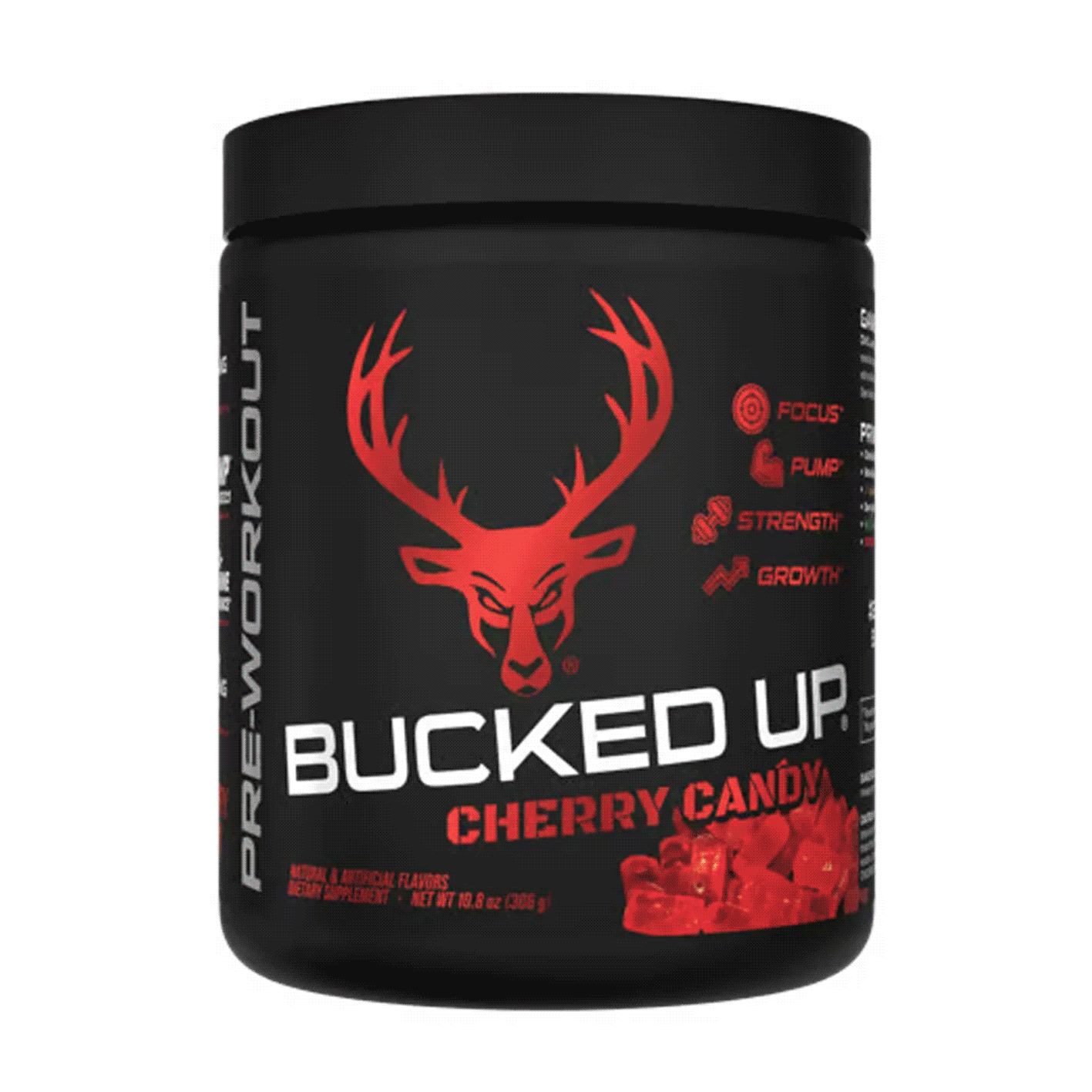Creatine monohydrate often sparks debate in fitness and wellness circles, with plenty of myths and confusion swirling around it. If you’re an athlete aiming for better performance or someone focused on long-term health, getting the facts on creatine’s safety is essential.
This guide dives into the evidence, breaking down why creatine monohydrate remains a trusted and effective supplement based on solid science.
Key Takeaway: Creatine Monohydrate Is Backed by Science for Safety
Creatine monohydrate stands as one of the most researched supplements, with a strong safety record. Studies over 14 years with more than 12,000 participants confirm its safety across various groups, including athletes and older adults with neurodegenerative conditions.
The U.S. Food and Drug Administration (FDA) classifies creatine monohydrate as “Generally Recognized as Safe” (GRAS), a status given only to substances with extensive safety data. Hundreds of clinical trials show no significant side effects when used correctly by healthy individuals.
Data also highlights minimal risks. Side effects in creatine users are nearly identical to those in placebo groups, with only slight increases in digestive issues that become insignificant when looking at larger participant numbers. This positions creatine monohydrate as a reliable choice for long-term use.
Ready to enhance your performance? Shop now for Bucked Up’s science-backed creatine products.
How Creatine Safety Knowledge Has Grown Over Time
Over the last 30 years, creatine research has shifted from doubt to widespread acceptance. What started as concern has turned into solid scientific support, making creatine monohydrate a standard for both performance and health benefits.
Industry trends show this change clearly. Regulators now acknowledge creatine’s value for diverse groups, from pregnant women and children to adults and seniors, extending its use beyond sports to general wellness and medical applications.
Consumers today expect clarity, certified quality, and new ways to take supplements. Safety now means more than just avoiding harm; it includes proven, lasting benefits backed by science. This has moved creatine from a niche product to a common health tool.
Recent advancements focus on better delivery methods and higher purity standards, showing confidence in creatine’s safety. Certifications like NSF and GMP, along with third-party testing, are now standard for trusted products.
Weighing the Benefits and Risks of Creatine Use
Deciding on long-term creatine use involves looking at personal health and balancing benefits with rare risks. Your individual health status and any existing medical conditions should guide whether you consult a doctor before starting.
Creatine is considered safe for most healthy people, though caution is advised for those with kidney conditions. This is more about playing it safe than any proven danger, as no major issues have been found for the majority of users.
The advantages often outweigh the minimal downsides. Creatine supports health outcomes in conditions like diabetes, neuromuscular disorders, and osteoporosis, making it a valuable option for many.
Choosing a quality product also makes financial sense. With few side effects and proven benefits for physical performance, mental clarity, and overall wellness, creatine offers a strong value for the cost.
Discover these benefits yourself. Shop now for Bucked Up’s certified creatine options.
Practical Tips for Safe and Effective Creatine Use
Using creatine monohydrate safely comes down to following proven dosing guidelines and picking high-quality products. A daily dose of 3 to 5 grams works for most healthy adults, while 2 to 3 grams supports general health needs.
A loading phase can speed up results, though it’s not required. This involves taking about 20 grams daily, split into doses, for 5 to 7 days, then switching to a maintenance amount. Consistent daily use without loading achieves the same effect over time.
Quality matters a lot. Look for products with third-party testing, certifications like NSF or GMP, and clear labels. Micronized creatine dissolves better and is less likely to cause stomach discomfort.
Staying hydrated supports creatine’s effectiveness. Creatine doesn’t negatively affect hydration when used as advised, but drinking enough water remains key for overall health.
You can take creatine anytime. Unlike some supplements, it won’t disrupt sleep or energy levels, so fitting it into your routine is straightforward with daily consistency.
Steps to Start Using Creatine Safely Over the Long Term
Beginning long-term creatine use starts with setting clear goals and choosing the right product. Athletes might track metrics like strength, recovery, or training capacity. For general health, focus on muscle retention, mental sharpness, or energy levels.
Start with a simple dose of 3 to 5 grams daily instead of a loading phase to check how your body responds. Watch for minor stomach issues, though these are rare and barely different from placebo effects in large studies.
Match the form to your lifestyle. Powders mix easily with drinks or other supplements, while capsules suit busy days. Unique options like gummies or dissolving tablets help those who find standard forms tough to stick with.
Keep up with regular health checks, especially if you have risk factors. Long-term studies show no harm to kidney function or organ health, but routine monitoring offers reassurance and catches unrelated issues early.
Stick to daily use, even on rest days. This keeps muscle creatine levels high, maximizing both performance and health gains without needing to cycle on and off.
Ready to get started? Shop now for Bucked Up’s wide range of creatine products.
Overcoming Common Hurdles with Creatine Use
Even with creatine’s strong safety profile, a few challenges can trip up long-term use. Misinformation tops the list, as old fears about kidney damage or dehydration linger despite clear evidence to the contrary.
Online myths about creatine causing dehydration or organ stress lack backing from clinical data. Focus on peer-reviewed studies instead of social media or personal stories to stay informed.
Product quality varies widely. Lesser formulations may lead to avoidable side effects or poor results. Most adverse reports tied to creatine involve unclear forms or combined use with other supplements, so always choose pure, certified creatine monohydrate.
Inconsistent dosing can hurt effectiveness. Taking too much or too little prevents optimal benefits. Stick to recommended amounts to avoid waste or underwhelming results.
Expectations need managing too. Creatine’s effects build over weeks, not overnight. Knowing this gradual process helps you stay committed instead of giving up too soon.
Concerns about interactions are usually minor. Reported side effects are mild, and science firmly supports creatine’s safety for most people. If worried, a quick chat with a healthcare provider can offer tailored advice.
Why Bucked Up Prioritizes Safety in Creatine Products
Bucked Up builds its creatine line on science, focusing on purity, safety, and ease of use. Every product is made in NSF Certified and GMP Certified facilities, meeting strict quality standards to avoid contaminants that could affect safety or results.
Quality goes beyond the basics. NSF Sport certification reassures athletes, and third-party testing backs up purity claims. This tackles the risk of low-grade products undermining long-term safety.
Variety in forms shows an understanding of user needs. Whether you prefer powders, gummies, or dissolving tablets, Bucked Up offers options to fit your lifestyle while maintaining creatine’s core benefits.
Clear labeling and dosing guidance remove guesswork. Full ingredient lists and science-based recommendations ensure safe use, unlike vague blends or weak doses in some competing products.
Education is a priority too. Bucked Up provides factual resources on creatine’s benefits and safety, helping you choose based on evidence, not hype or myths.
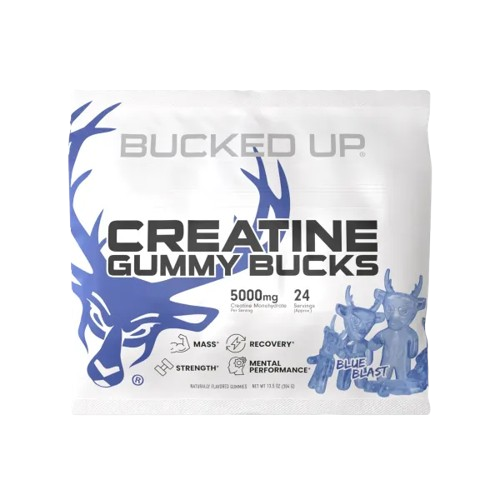
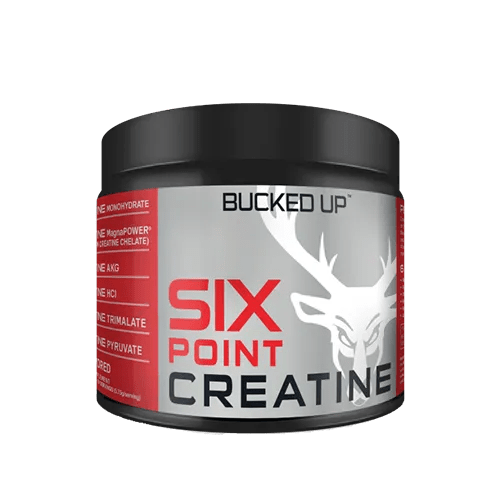
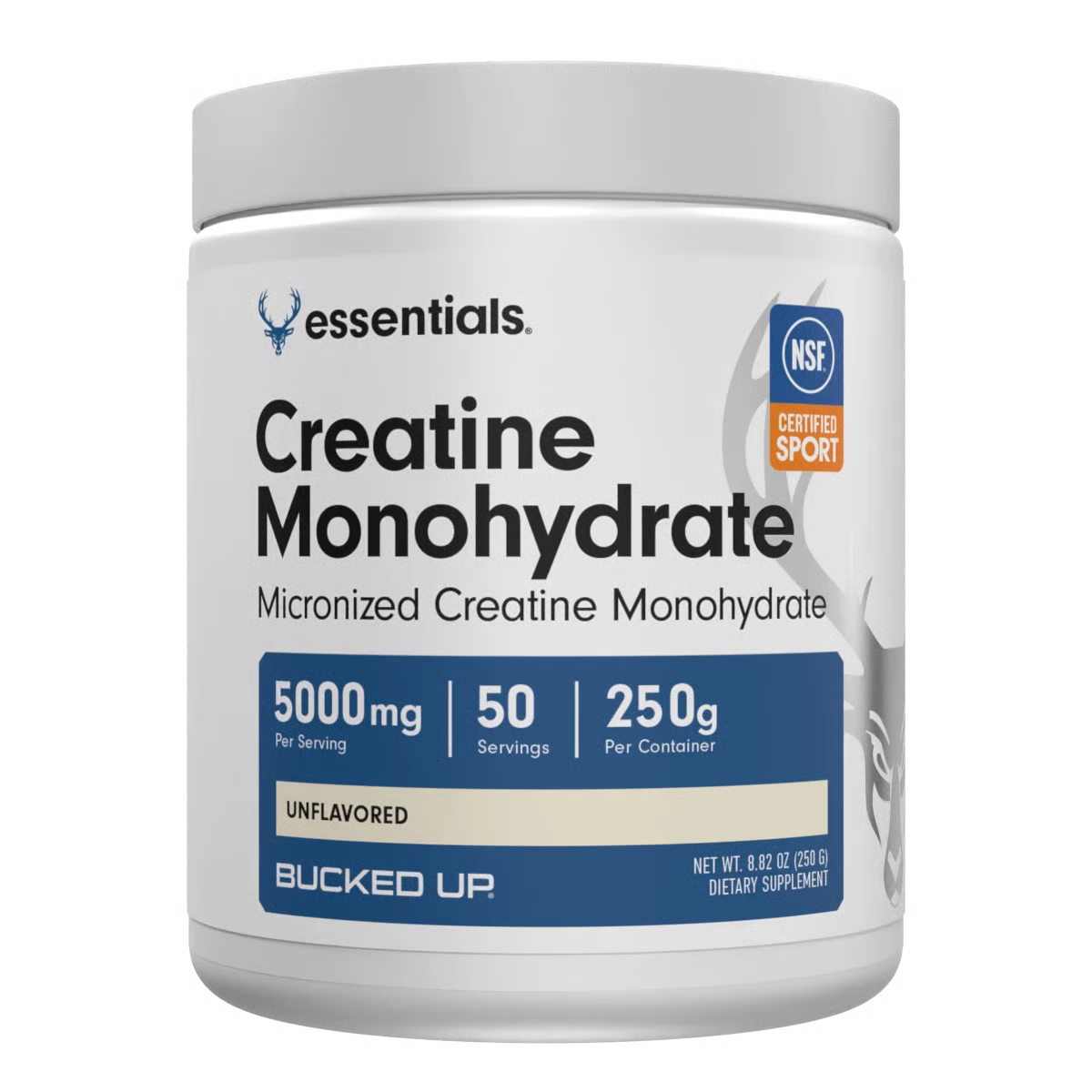
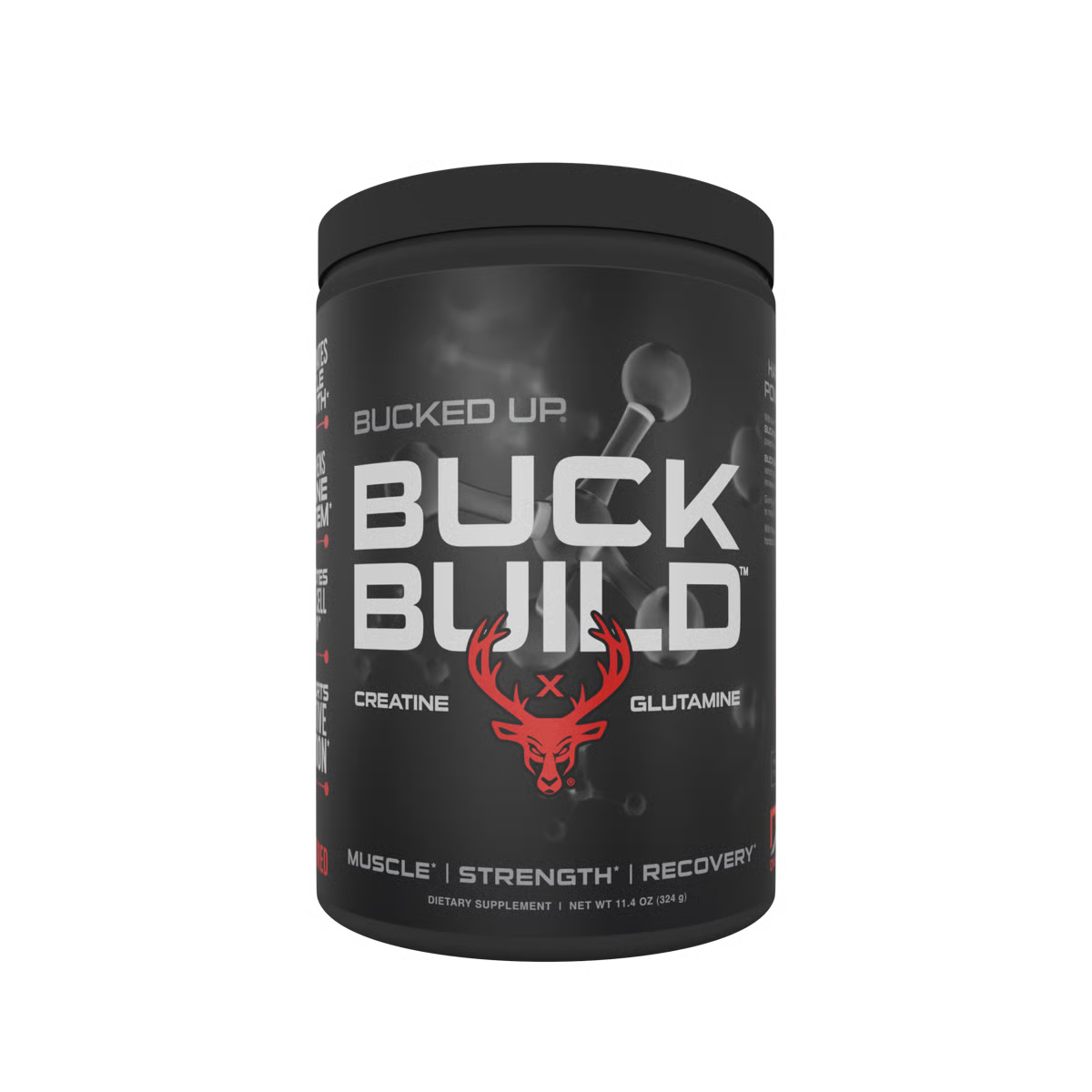
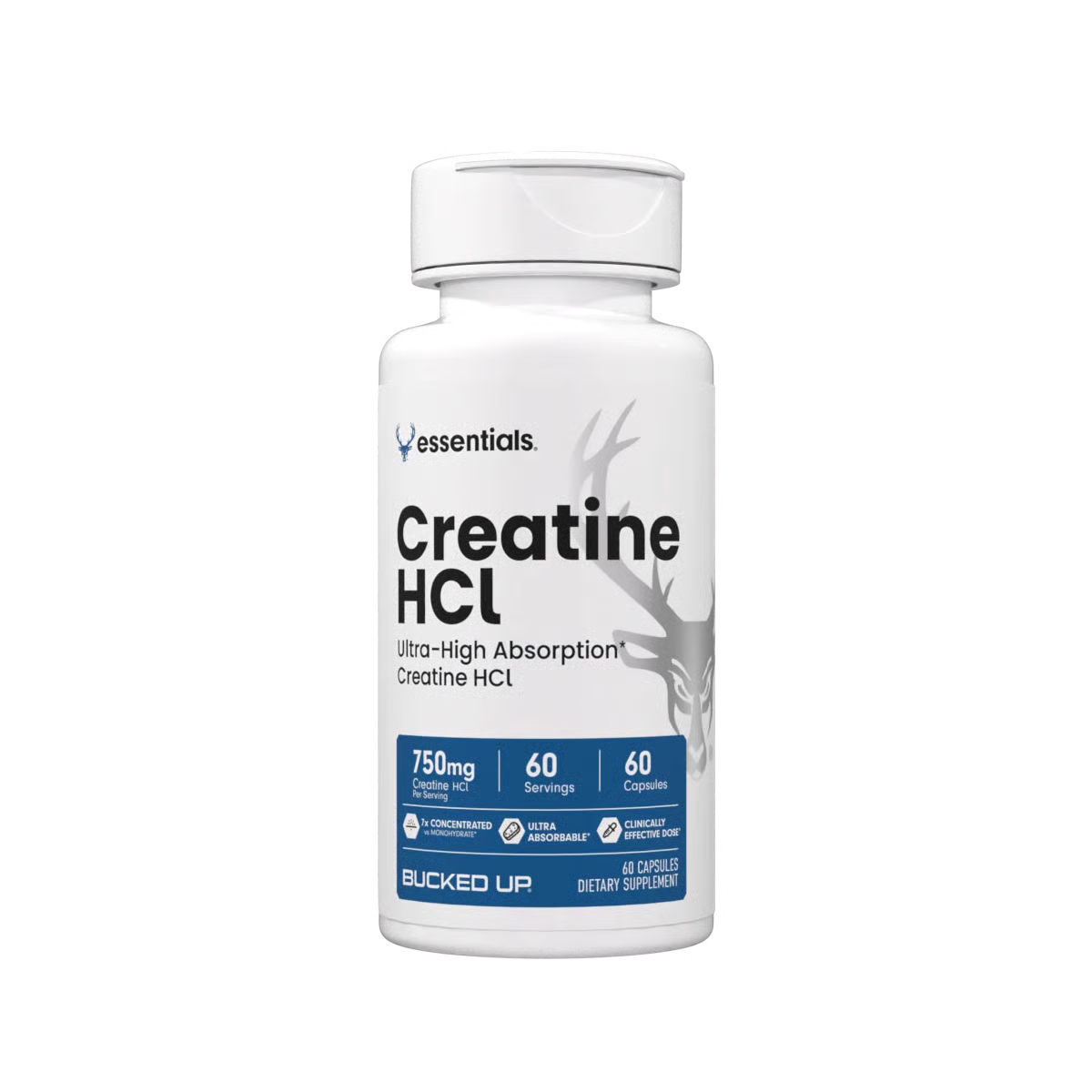
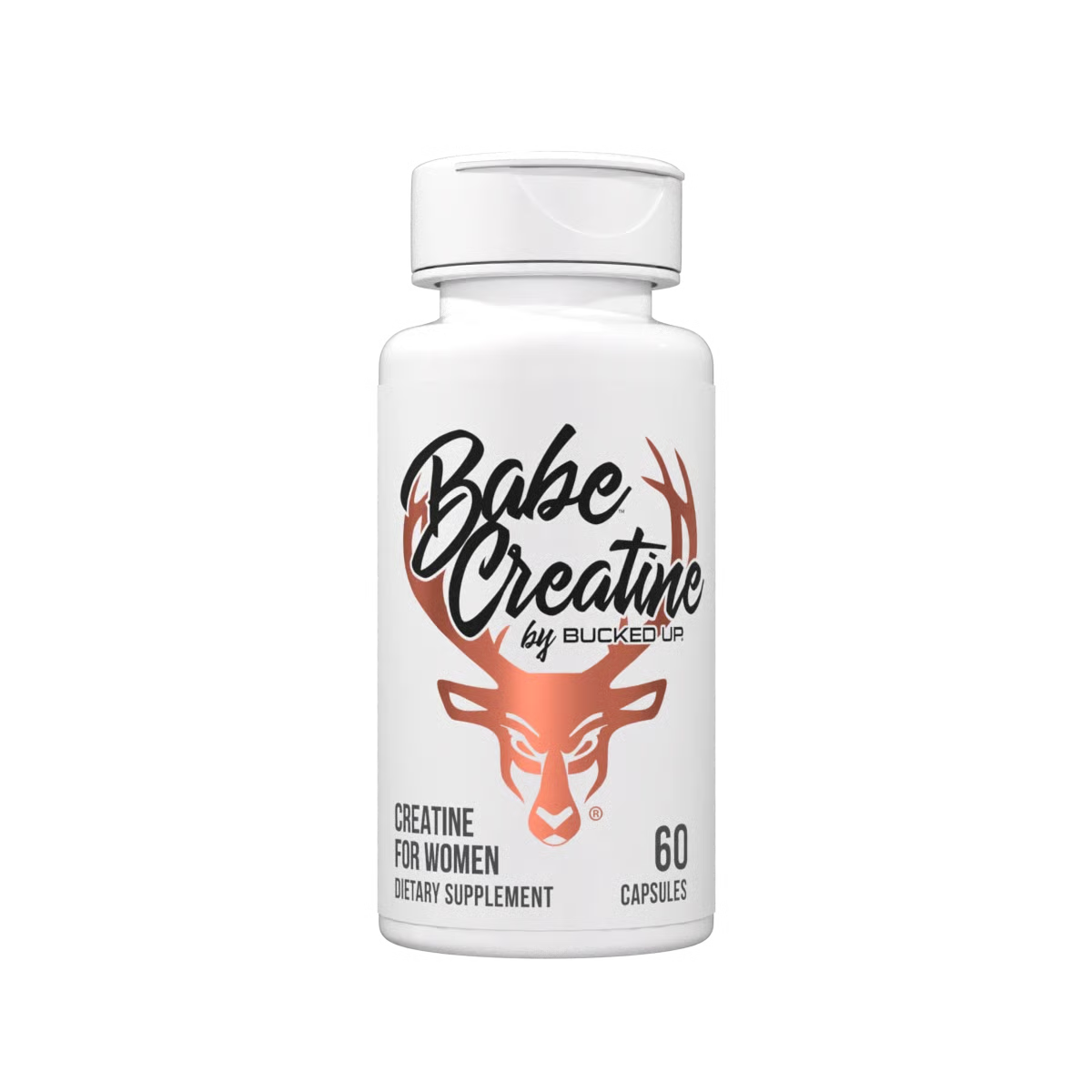
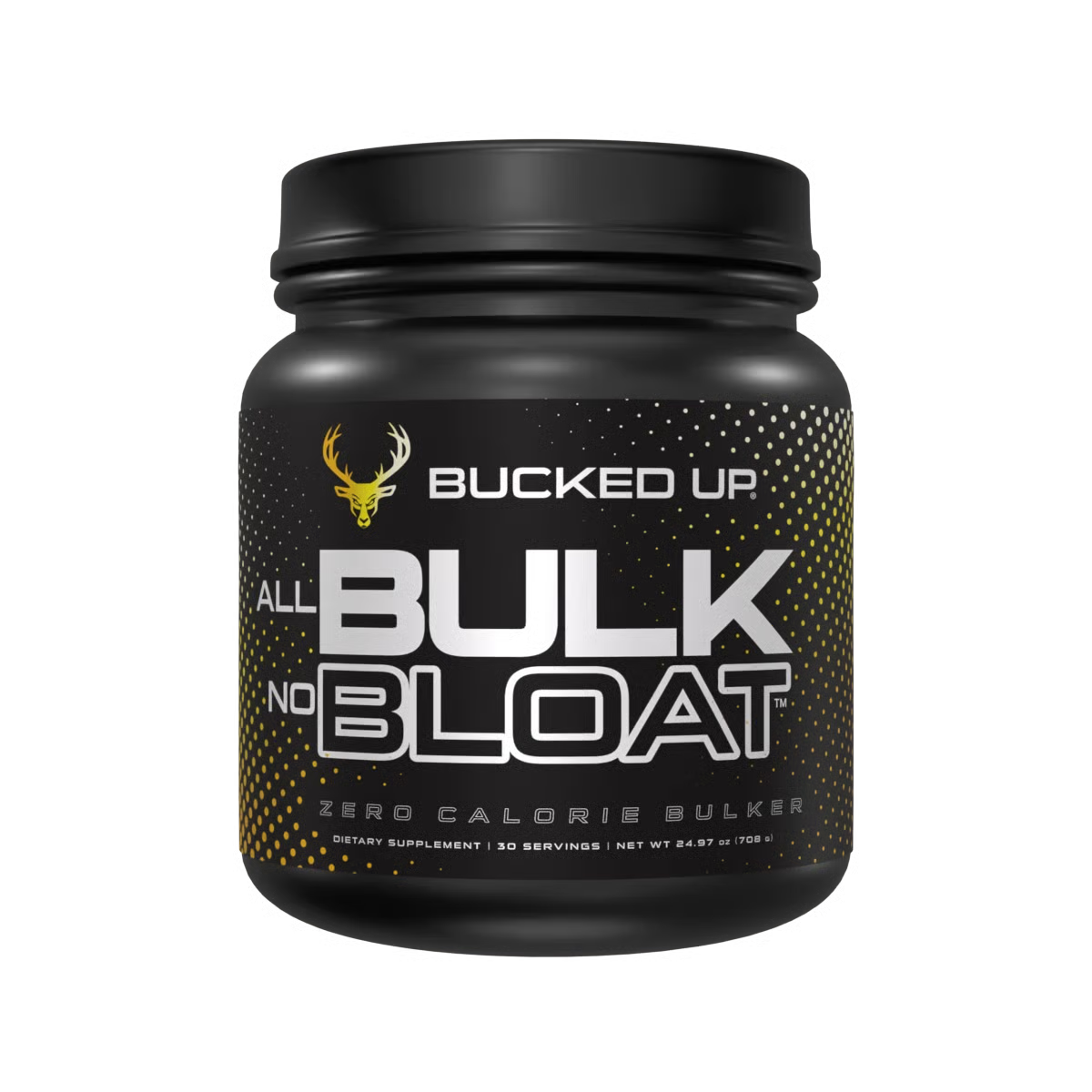
Answers to Your Creatine Safety Concerns
Does Creatine Monohydrate Have Official Safety Recognition?
Creatine monohydrate is classified as “Generally Recognized as Safe” (GRAS) by the U.S. FDA and is approved by regulatory bodies in countries like Canada, Europe, Australia, Japan, South Korea, and China. This status comes from decades of research with thousands of participants across various groups, showing consistent safety and minimal side effects. Only creatine monohydrate holds this approval in these major markets.
Can Creatine Be Used Long-Term Without Issues?
Long-term use of creatine monohydrate is well-supported by science, with studies showing safety over periods up to 14 years. Research finds no notable side effects in healthy users, and adverse events match placebo rates in most cases. Even in groups like seniors or those with conditions like Parkinson’s, no organ damage or major issues appear over extended use.
Are There Health Conditions That Rule Out Creatine Use?
For most healthy adults, creatine monohydrate poses no significant risks, with no broad contraindications identified. People with pre-existing kidney issues should check with a doctor before starting, as a precaution rather than due to proven harm. Other conditions might call for medical advice, but this depends on individual circumstances, not general safety concerns.
Does Creatine Cause Digestive or Muscle Problems?
Digestive issues with creatine are rare and match placebo levels in large studies. Slight upticks in stomach discomfort can happen, but these are minor across participant totals. Claims of muscle injuries or dehydration lack evidence, as extensive trials disprove risks of cramping or harm. Using quality, micronized products and staying hydrated further reduces any small chances of discomfort.
How Does Bucked Up Guarantee Creatine Quality?
Bucked Up ensures product safety with strict standards. All items are made in NSF Certified and GMP Certified facilities, meeting high manufacturing criteria. NSF Sport certification adds trust for athletes, while third-party testing verifies purity. Micronized creatine sources improve solubility and ease of use, and transparent labeling with science-based dosing supports safe application across their range.
Experience this quality firsthand. Shop now for Bucked Up’s trusted creatine products.
Move Forward with Confidence in Creatine Safety
Evidence for creatine monohydrate’s long-term safety is clear and consistent. Decades of research with thousands of people across different backgrounds show that side effects are nearly identical to placebo. Even in specialized groups like older adults or those with neurodegenerative conditions, no major adverse effects or organ issues arise.
Official GRAS status and global approvals highlight this strong safety record. Experts urge health authorities to consider this extensive data in policy decisions, showing the depth of supporting science.
For athletes and health-focused individuals, creatine offers a dependable option. Its advantages reach beyond sports to support mental function, muscle health, and overall wellness at any age. Choosing certified, high-quality products ensures you get these benefits safely.
Bucked Up aligns with this science through a focus on quality, clear information, and user-friendly options. Their strict manufacturing standards, varied product forms, and educational efforts help you add creatine to your routine with confidence.
Old doubts no longer hold up against current facts. Creatine monohydrate ranks as a top choice for safety and effectiveness in long-term use. Start your path to better performance and health, supported by years of research and reliable products.
Shop now to boost your physical and mental performance with Bucked Up’s research-backed creatine offerings.
Disclaimer: These statements have not been evaluated by the Food and Drug Administration. This product is not intended to diagnose, treat, cure, or prevent any disease.

